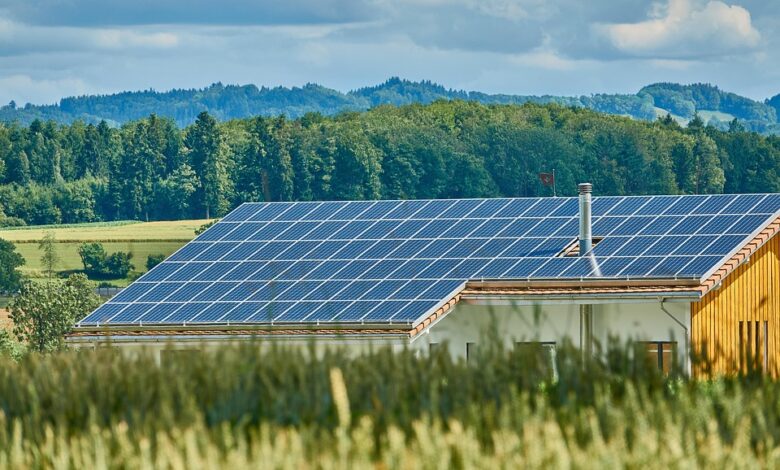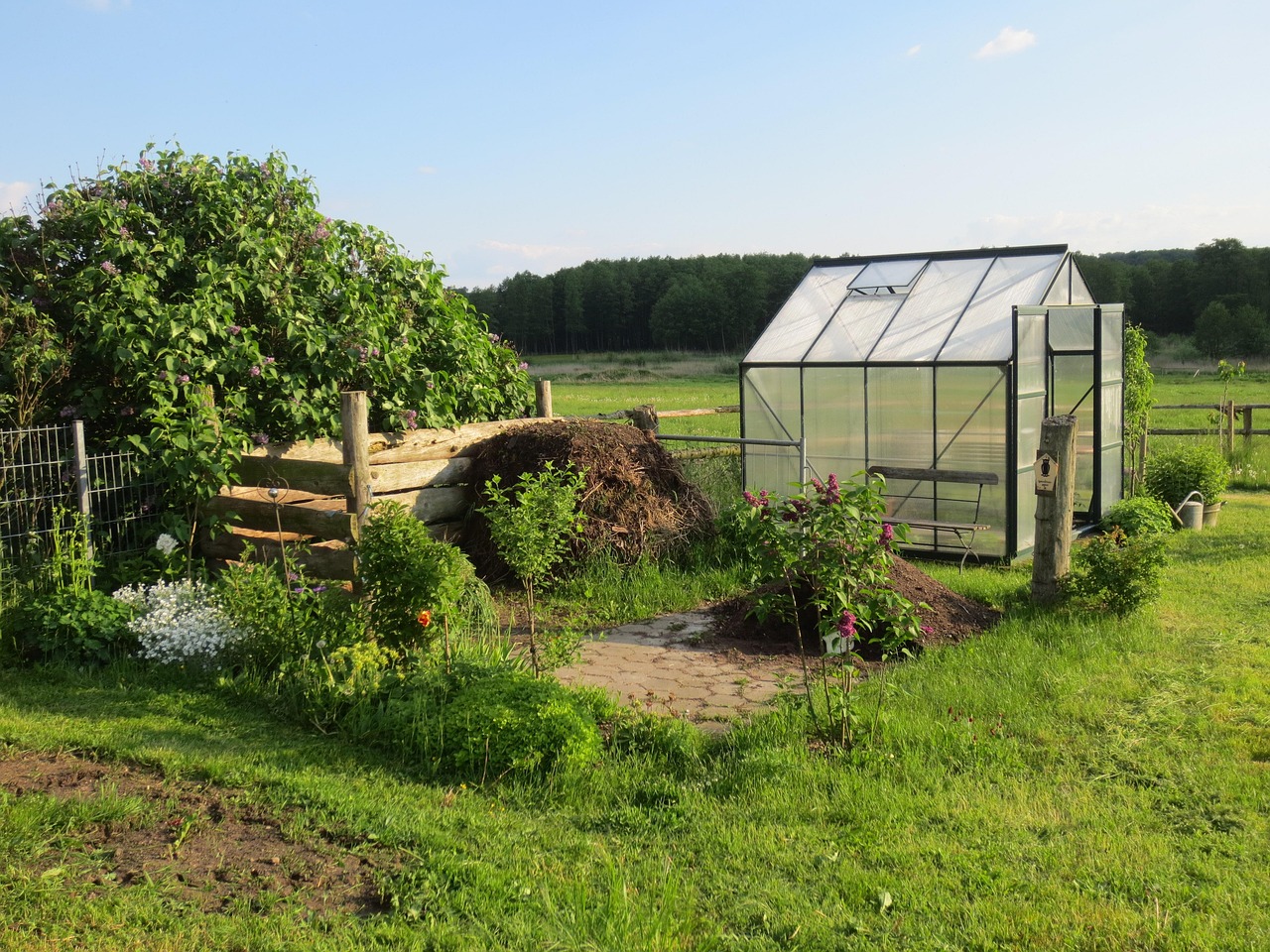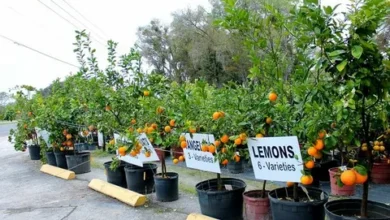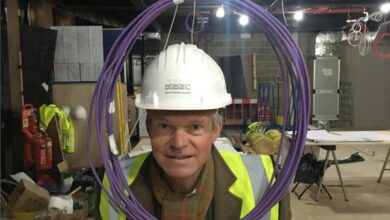Exploring Self-Sufficiency and Living Off Grid in a New Home

Living completely off the grid and in an isolated part of the country is an existence that many of us dream of. It would let us get away from the hustle and bustle of regular life, better appreciate nature, and not have to deal with the pain of daily commutes. It’s also an idea that many of us dismiss due to the lack of creature comforts that come with disconnected living. Fortunately, with modern tech, it doesn’t have to be this way.
Today, the cutting edge of technology allows us to explore many of the comforts of city living even without being connected directly to much of traditional human infrastructure. It will take some work, but this approach can offer huge benefits to self-sufficiency, even letting us prepare for whatever challenges the future brings.
First Things First
Before you can even think of moving into or building a home like this, you’ll need the money. This starts with building up savings as much as possible, or selling your old home if this is feasible. The latter approach is better for building a budget, and can even be performed rapidly with modern sales systems that let you sell your home for cash. These newer platforms guarantee cash sales no matter the condition of your house, providing a huge amount of convenience over traditional approaches, though, of course, traditional sales can work too.
Once you know how much you have to work with, it’s time to budget as much as you can. To do this, you’ll need to have a definite plan in your mind and understand that budgets almost always go at least 10% over predictions. Build within your means, understand some key techniques and approaches, and the process will be that much less stressful.
Going Off Grid
When going off the grid, you’ll still have to manage a few separate aspects to ensure your home can run comfortably and well. These include:
- Power – You’ll need adequate solar panels and battery systems to ensure you never run out of juice. Backup generators might also be worth looking at in case of emergencies.
- Water – Rainwater collectors are a must for anyone looking to avoid the local supply. You should also ensure road access in case you need a water delivery in case of a drought.
- Sewage – An adequate septic tank and wastewater treatment system is a must for obvious reasons.
- Internet – You’ll be locked to wireless systems here, so radio wave platforms or satellite-based systems like Starlink will be your main options.
- Reliable access to food – While a garden or greenhouse can be a great addition, you’ll also need to ensure you have access to local markets to obtain anything you need but can’t grow or process yourself.

Once you have all these options accounted for, you can live a productive life in a way that helps connect you back with nature. You can even work remotely via the internet, keeping you earning and supporting yourself far away from the nearest office building. If any of this sounds like something you might be interested in somewhere down the road, consider planning for it now, especially as a long-term goal. It might take some time, but this is an achievable dream; it will just take some work before it becomes a reality.



